Nancy R. Rotering Mayor | City of Highland Park
Nancy R. Rotering Mayor | City of Highland Park
Highland Park officials have reaffirmed the city’s commitment to supporting immigrant residents amid reports of increased federal immigration enforcement in the Chicago area and surrounding suburbs. Mayor Nancy R. Rotering issued a statement highlighting the city’s long-standing tradition of welcoming immigrants, referencing the diverse groups that have shaped Highland Park’s history.
“Our immigrant neighbors are essential to the fabric of Highland Park. They contribute to our cultural and linguistic diversity, support our local economy, share in worship and community, and put down deep roots by raising their families and building businesses here. They are part of what makes Highland Park not just a beautiful multigenerational place but a true hometown,” Rotering said.
She acknowledged the anxiety caused by recent federal enforcement actions: “We recognize that this is a time of uncertainty and fear for many members of our immigrant community, some of whom have called Highland Park home for decades. Reports of heightened, high-profile immigration enforcement actions by the federal government in Chicago and the suburbs have caused tremendous anxiety and disruption for law-abiding immigrants and even American citizens throughout the region.”
Rotering emphasized the city’s core values: “Highland Park is an inclusive and welcoming community that honors and affirms the intrinsic worth and unique perspectives of all who reside, work, study, and visit here. The City of Highland Park celebrates the diverse characteristics of persons of every race, ethnicity, nationality, culture, language, religion and faith tradition, gender identity and expression, sexual orientation, ability, age, socioeconomic status, veteran status, and immigration status. These individual characteristics bring richness to our community. We are committed to ensuring that our priorities, policies, and behaviors nurture a sustainable citywide culture of inclusion that embraces the full diversity of our community. We invite all members of our community to participate and contribute to a more just and equitable future.”
Local officials clarified that immigration enforcement is handled by federal authorities. State laws largely prevent local law enforcement from participating in federal immigration actions. Under Illinois law—including the TRUST Act—local police cannot assist with enforcing immigration laws except under limited circumstances. Attempting to intervene could be seen as obstruction of justice.
Residents were reminded of their rights if approached by law enforcement or immigration officers. According to guidance from the North Suburban Legal Aid Clinic (NSLAC), individuals have the right to remain silent, the right to an attorney before answering questions or signing documents, and protection against unlawful searches—officers must have a judicial warrant signed by a judge to enter without permission.
NSLAC also encourages immigrants to develop family safety plans similar to those for other emergencies. This includes carrying identification documents, memorizing important numbers such as an attorney’s contact information or an immigration number (A-number), preparing emergency funds, considering guardianship options for children, organizing personal records, and sharing key information with trusted individuals.
The city advised against sharing unverified reports about Immigration and Customs Enforcement (ICE) activity on social media. Instead, residents can report potential ICE activity for verification at trpij.org/reportice or contact the Illinois Coalition for Immigrant and Refugee Rights (ICIRR) hotline at 1-855-435-7693. Free legal assistance is available through NSLAC for those in north suburban Cook County or Lake County.
Residents were also encouraged to support organizations providing direct assistance to those affected by immigration enforcement actions. These include North Suburban Legal Aid Clinic for legal services related to domestic violence, housing, and immigration; Moraine Township and West Deerfield Township for emergency financial support; United Way of Lake County’s 211 program for resource access; Volunteer Pool of Highland Park for volunteer opportunities; and the Highland Park Community Foundation for broader social service support.
The city concluded its message by reiterating its commitment to compassion, inclusion, and respect for all residents.

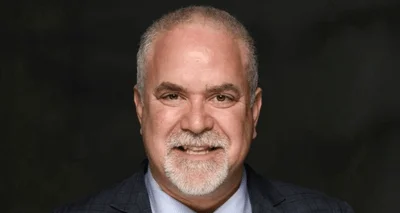
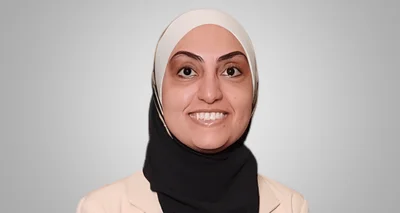
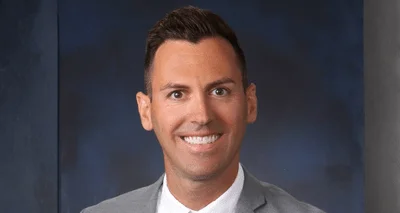
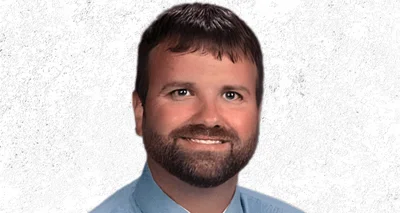
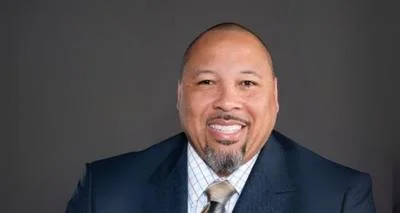
 Alerts Sign-up
Alerts Sign-up